The Impact of Climate Change on Humpback Grouper Populations
By. Amma - 30 Jun 2025.jpg)
lautnusantara.com Climate change significantly impacts humpback grouper (Cromileptes altivelis) populations, as these fish are highly dependent on stable marine ecosystems. Here are some of the main effects that can occur:
1. Increased Sea Surface Temperature
Humpback grouper, like most marine species, have specific temperature tolerances. Rising sea surface temperatures due to climate change can lead to:
- Physiological Stress: Excessively high temperatures can stress the fish, disrupting their metabolism, growth, and reproduction.
- Habitat Shift: Humpback grouper may migrate to deeper or cooler waters to find more suitable conditions, which can disrupt natural migration patterns and food availability.
- Decreased Immunity: Increased temperatures can weaken the fish's immune system, making them more susceptible to diseases and parasites.
2. Ocean Acidification
Increased atmospheric carbon dioxide is absorbed by the oceans, leading to ocean acidification. The impacts of ocean acidification on humpback grouper include:
- Impacts on the Food Web: Acidification can affect organisms at the base of the food web, such as plankton and shellfish, which are food sources for juvenile or indirectly for humpback grouper. Damage to coral reef ecosystems also directly reduces humpback grouper habitat and food sources.
- Effects on Larval Stages: The larval stages of humpback grouper may be more vulnerable to changes in seawater pH, which can reduce larval survival rates and recruitment of new populations.
3. Coral Bleaching
Humpback grouper are known inhabitants of coral reefs. Rising sea temperatures and ocean acidification are primary triggers of coral bleaching. The impact of coral bleaching on humpback grouper:
- Habitat Loss: Coral reefs are crucial for shelter, feeding, and breeding for humpback grouper. Bleaching and coral death will eliminate this vital habitat.
- Reduced Food Availability: Organisms living on coral reefs are part of the humpback grouper's food chain. Coral reef degradation will reduce the availability of prey.
Read Also : Potential for Developing Local Fisheries-Based Marine Ecotourism
4. Changes in Current and Wave Patterns
Climate change can also affect ocean current patterns and wave intensity. This can impact:
- Larval Migration and Dispersion: Ocean currents play a vital role in the dispersion of fish larvae. Changes in current patterns can disrupt the dispersal of humpback grouper larvae to suitable habitats, thus affecting population recruitment.
- Physical Habitat Conditions: Stronger waves or altered current patterns can physically damage coral reef structures or disturb sediments on the seabed, ultimately affecting the physical habitat conditions for humpback grouper.
5. Increased Frequency and Intensity of Extreme Weather
More frequent or intense storms, marine heatwaves, and El Niño/La Niña phenomena due to climate change can cause:
- Mass Mortality: Extreme events like marine heatwaves can lead to mass deaths of fish, including humpback grouper, that are unable to adapt quickly to changing conditions.
- Habitat Damage: Strong storms can physically destroy coral reefs, eliminating homes and protection for humpback grouper.
Adaptation and Mitigation Efforts
To preserve humpback grouper populations amidst the threat of climate change, various efforts are needed, such as:
- Sustainable Fisheries Management: Implementing strict fishing regulations, establishing Marine Protected Areas, and controlling destructive fishing practices.
- Research and Monitoring: Conducting further research to understand humpback grouper's response to climate change and regularly monitoring populations.
- Development of Adaptive Aquaculture: Developing humpback grouper aquaculture techniques that are more resilient to environmental changes.
- Ecosystem Restoration: Undertaking efforts to restore coral reefs and other important habitats.
The impacts of climate change on humpback grouper populations are complex and interconnected. Therefore, a holistic approach involving global climate change mitigation and local adaptation is crucial for the sustainability of this species.
If you are interested in our Coral Trout Fillet Skin On, CORAL TROUT WGG WHOLE GILLED GUTTED, TOMATO COD WHOLE GILLED GUTTED please do not hesitate to contact us through email and/or whatsapp.
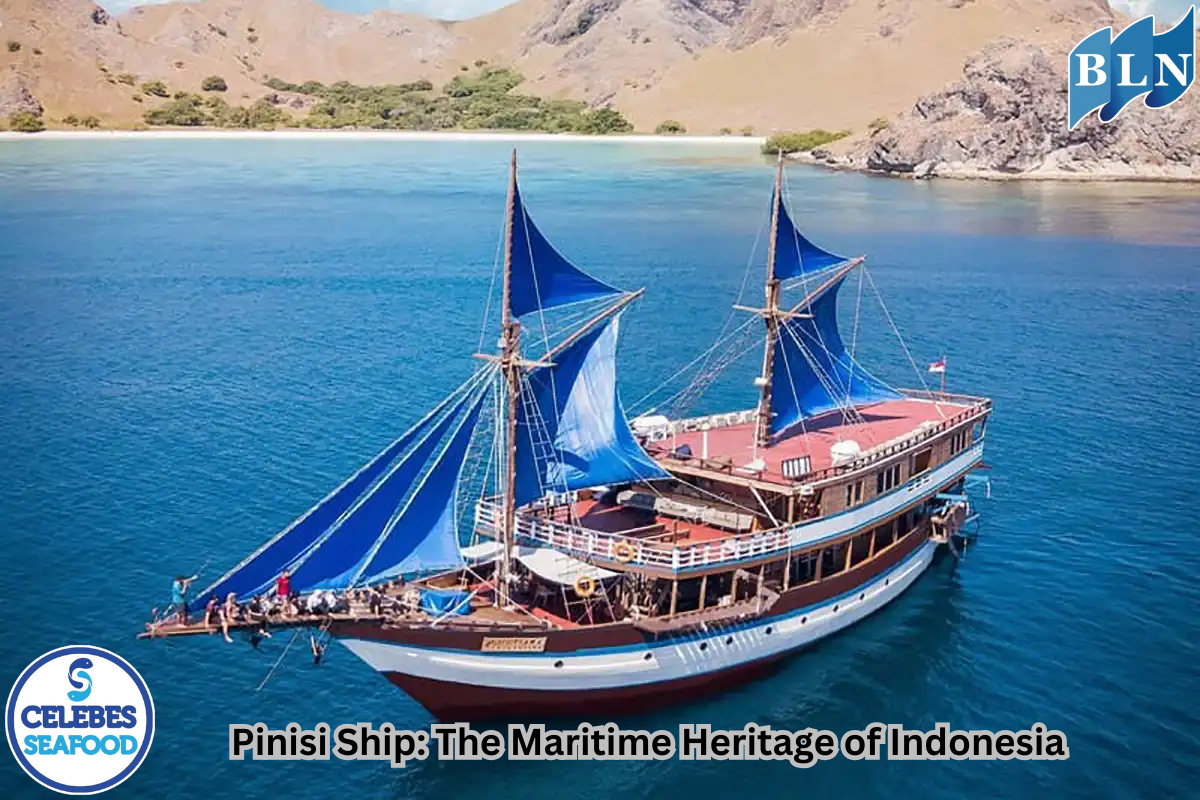
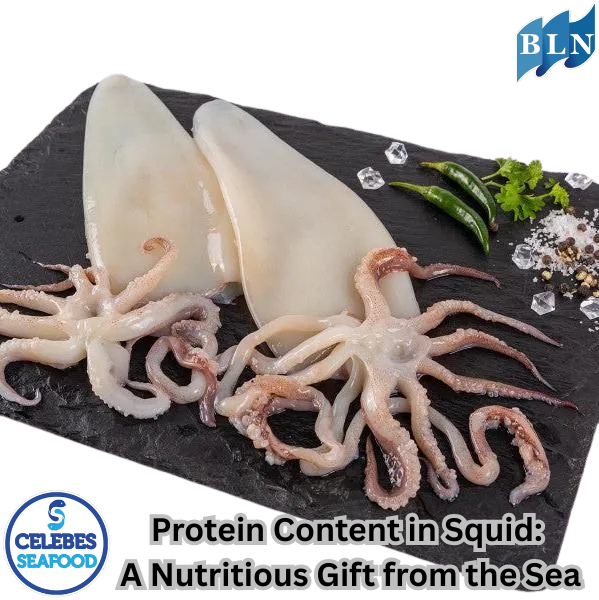
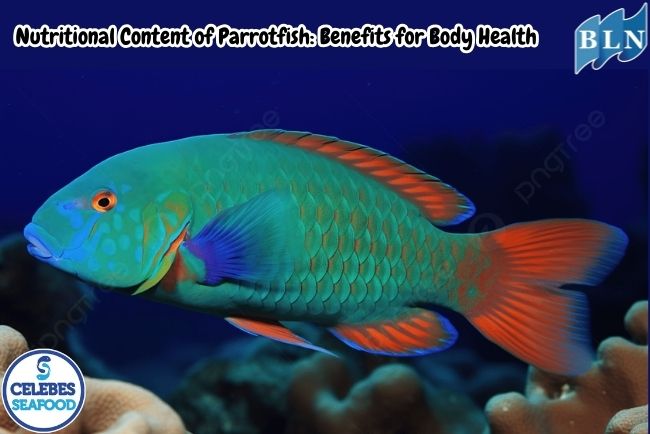
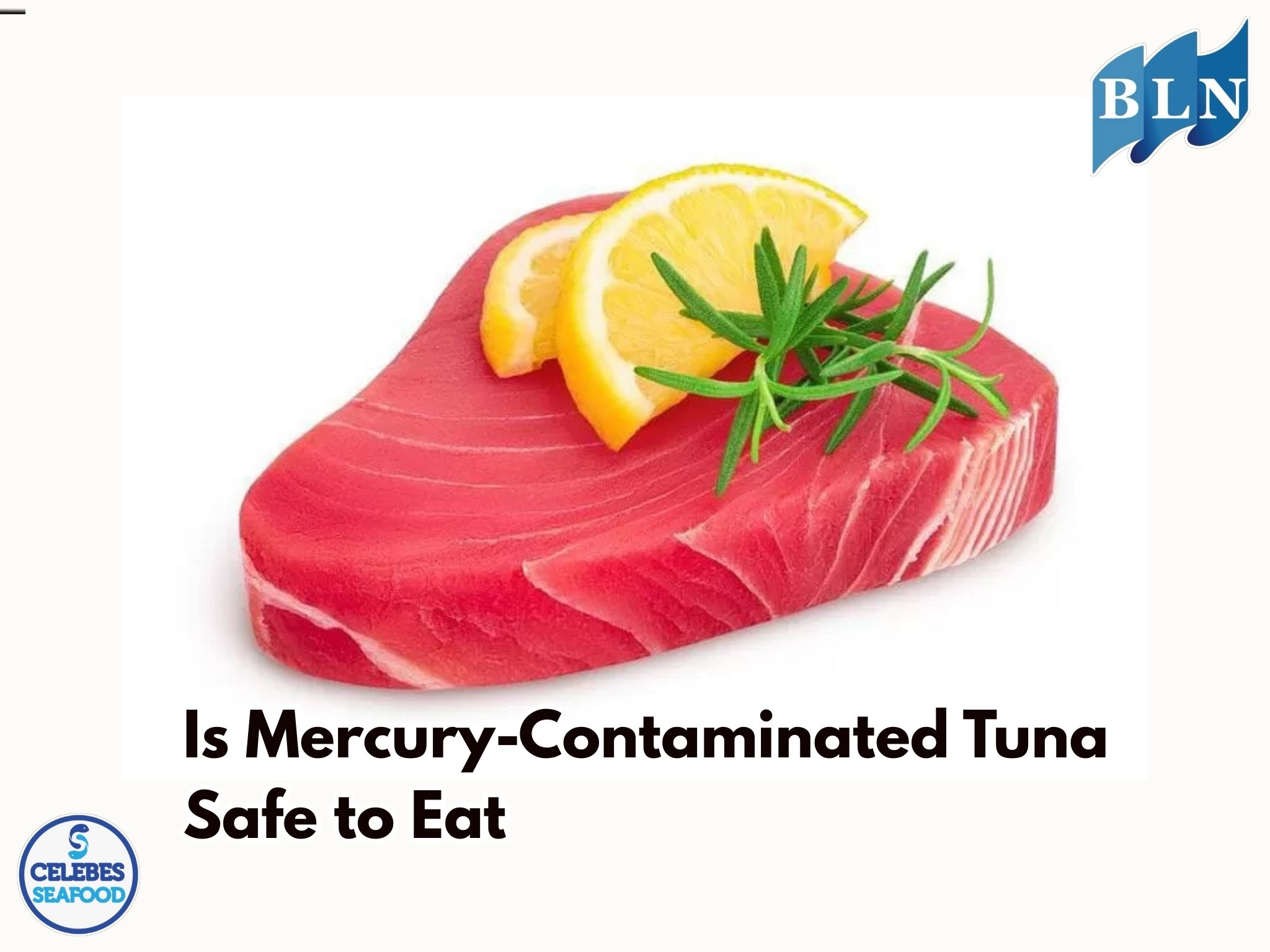
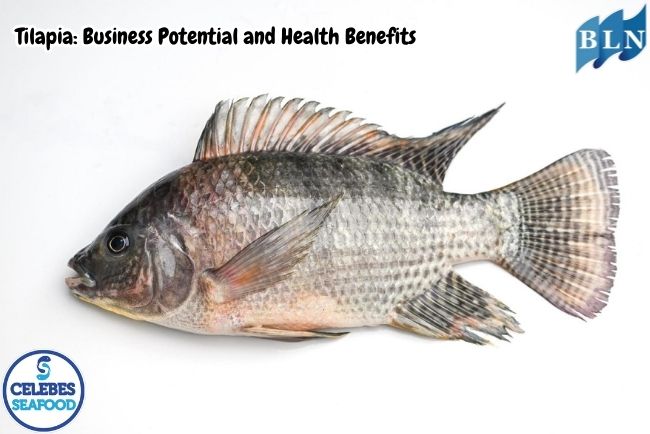
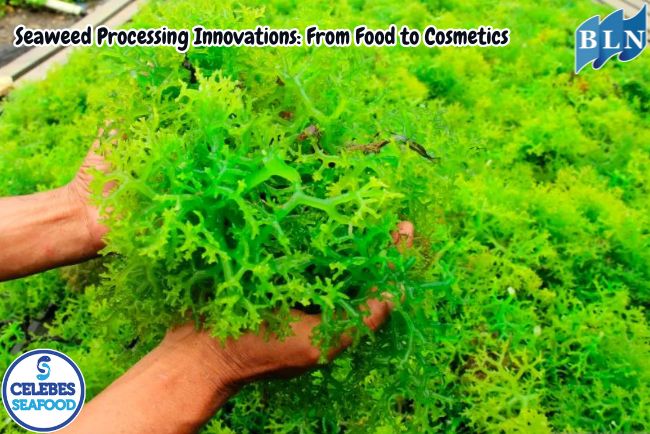
.jpg)

